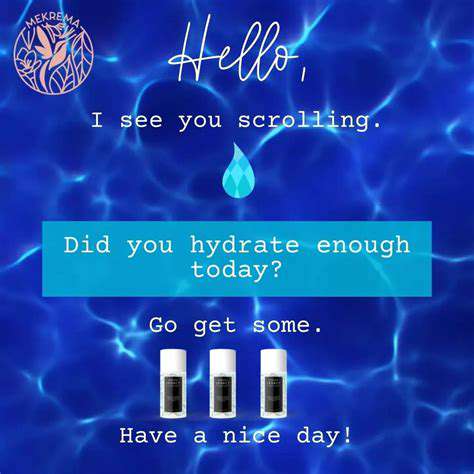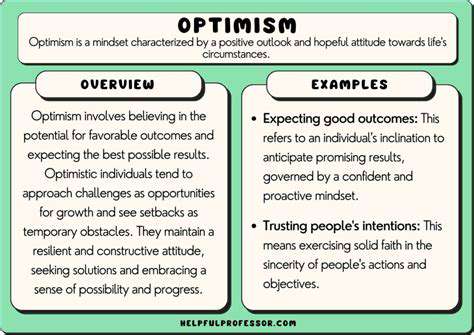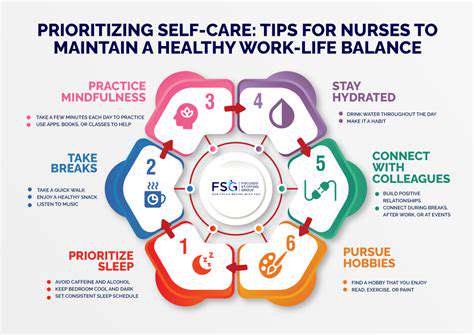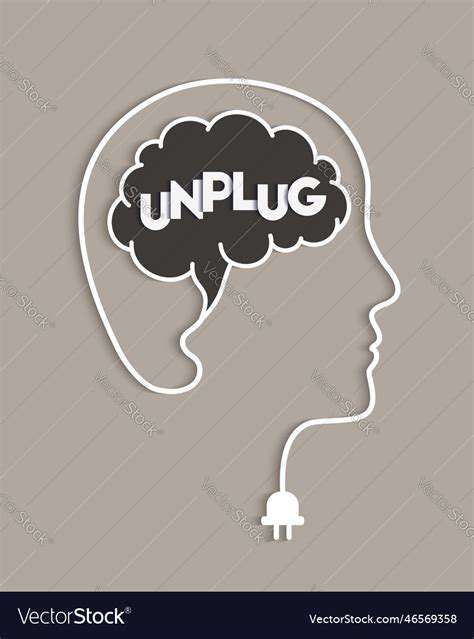Best Habits for Better Skin Health

Staying Hydrated for Optimal Health
Proper hydration is crucial for maintaining overall well-being. Water is essential for numerous bodily functions, from regulating temperature to transporting nutrients. Dehydration can lead to a multitude of health problems, impacting everything from energy levels to cognitive function. Understanding the importance of hydration is the first step towards achieving optimal health.
Maintaining adequate hydration throughout the day is vital. This means drinking water consistently, not just when you feel thirsty. Thirst is often a late sign of dehydration, meaning you may already be in a state of mild dehydration. Consistent water intake is key to keeping your body functioning at its best.
The Impact of Hydration on Physical Performance
Adequate hydration significantly impacts physical performance. When dehydrated, your body struggles to regulate temperature, leading to fatigue and reduced endurance. This can severely hinder athletic performance, especially during prolonged or intense exercise. Proper hydration fuels your muscles and aids in recovery post-workout.
Staying hydrated before, during, and after physical activity is crucial for maximizing your performance. Water helps to transport nutrients to working muscles and removes metabolic waste products. This is essential for optimal muscle function and recovery.
Hydration and Cognitive Function
Hydration plays a significant role in cognitive function. Dehydration can impair concentration, focus, and memory. This is because water is essential for transporting nutrients to the brain and removing waste products. Maintaining optimal hydration levels can lead to improved mental clarity and alertness throughout the day.
Sufficient hydration is essential for brain health, impacting everything from mood regulation to learning and memory. The brain is composed primarily of water, highlighting the vital role of hydration in its overall function. Proper hydration can also help to prevent headaches, a common symptom of dehydration.
Hydration and Digestive Health
Proper hydration is essential for a healthy digestive system. Water aids in the breakdown and absorption of nutrients, which is crucial for proper digestion. Constipation is a common problem that is often linked to dehydration. Sufficient hydration helps to soften stool and facilitate its passage through the digestive tract.
Hydration also helps to maintain the balance of electrolytes in the digestive system. This balance is essential for the proper functioning of the digestive organs. Maintaining this balance can help to prevent digestive issues and promote overall digestive health.
Hydration and Skin Health
Hydration plays a vital role in maintaining healthy skin. Water helps to keep skin hydrated, preventing dryness and wrinkles. Sufficient hydration contributes to a healthy, radiant complexion. This is because water helps to maintain the skin's elasticity and firmness.
Dehydration can lead to dry, flaky skin, which can make it more susceptible to damage. Drinking enough water can help to keep your skin looking its best, promoting a healthy and youthful appearance.
Hydration and Overall Well-being
Hydration is fundamental to overall well-being. It supports numerous bodily functions, contributing to improved energy levels, better cognitive function, and healthy skin. Maintaining adequate hydration is a critical aspect of a healthy lifestyle. It's a simple yet powerful way to support your body and mind.
Prioritizing hydration can lead to a multitude of benefits, impacting your physical and mental health in countless ways. From boosting energy levels to improving skin health, the positive effects of hydration are significant. Making hydration a priority can contribute to a more vibrant and fulfilling life.
The Power of Sleep: Restorative Beauty
Prioritizing Sleep for Radiant Skin
Adequate sleep is paramount for achieving and maintaining healthy, radiant skin. During sleep, our bodies repair and regenerate, crucial processes that contribute to a more vibrant complexion. Lack of sleep disrupts these processes, leading to visible signs of fatigue, such as dark circles, puffiness, and dullness. By prioritizing sleep, we're effectively supporting our skin's natural ability to heal and rejuvenate, leading to a more youthful and healthy appearance.
Studies have shown a strong correlation between sleep deprivation and the development of skin problems. Insufficient sleep can impair collagen production, a protein essential for skin elasticity and firmness. This can result in premature aging, wrinkles, and a loss of skin tone. Conversely, a consistent sleep schedule allows the body to effectively repair itself, leading to improved skin elasticity, and overall skin health.
The Science Behind Sleep and Skin Repair
While we sleep, our bodies work tirelessly to repair and regenerate damaged cells. This process involves increased blood flow to the skin, delivering essential nutrients and oxygen. During sleep, the production of growth hormones, vital for skin cell turnover and collagen synthesis, is also significantly enhanced. These processes contribute directly to a smoother, firmer, and more youthful complexion.
Think of it like this: your skin is constantly being exposed to environmental stressors like pollution, sun exposure, and free radicals. Sleep allows your body to repair the damage caused by these stressors, promoting a healthier, more resilient skin barrier. This restorative process is essential for maintaining optimal skin health and preventing the development of premature aging signs.
Sleep Hygiene for Optimal Restorative Beauty
Establishing good sleep hygiene practices is crucial for maximizing the restorative benefits of sleep for skin health. Consistent sleep schedules, even on weekends, regulate your body's natural sleep-wake cycle, improving the quality of sleep you experience. Creating a relaxing bedtime routine, such as taking a warm bath or reading a book, can signal to your body that it's time to unwind and prepare for sleep.
A dark, quiet, and cool sleep environment is also important. Minimize exposure to light and noise before bed. Avoiding caffeine and alcohol close to bedtime will also contribute to a more restful sleep experience. These simple steps can significantly enhance the restorative power of sleep, leading to improved skin health and a more radiant complexion.
Sleep Deprivation's Impact on Skin
Chronic sleep deprivation can manifest in various ways on the skin, impacting its health and appearance. Visible signs include dark circles under the eyes, puffiness, and a dull, lifeless complexion. Sleep deprivation can also exacerbate existing skin conditions, such as acne and eczema. The underlying mechanisms involve hormonal imbalances, impaired collagen production, and increased inflammation, all of which contribute to a less-than-optimal skin appearance.
Beyond the visible signs, sleep deprivation can also lead to a weakening of the skin's natural barrier function. This weakened barrier makes the skin more susceptible to environmental damage, leading to dryness, irritation, and an increased risk of premature aging. Prioritizing adequate sleep is therefore not just about feeling rested, it's about actively supporting the health and vitality of your skin.
Protecting Your Skin from the Elements: Sun Safety and Beyond
Sun Safety: A Foundation for Healthy Skin
Protecting your skin from the sun's harmful UV rays is paramount for maintaining healthy skin throughout your life. Excessive sun exposure is a leading cause of premature aging, wrinkles, age spots, and skin cancer. Implementing consistent sun safety measures, from a young age, can significantly reduce your risk of developing these issues and contribute to a healthier, more youthful complexion in the long run. This includes understanding the sun's intensity throughout the day and adjusting your sun protection accordingly.
The sun's UV rays are most intense during midday hours. Therefore, limiting sun exposure during these times, seeking shade, and wearing appropriate protective clothing and sunscreen are crucial for safeguarding your skin from damage.
Choosing the Right Sunscreen
Selecting the right sunscreen is critical for effective sun protection. Look for broad-spectrum sunscreens that protect against both UVA and UVB rays. The SPF (Sun Protection Factor) rating indicates the level of protection the sunscreen offers. A higher SPF provides greater protection, but it's important to reapply sunscreen regularly, especially after swimming or sweating.
Consider your skin type and needs when choosing a sunscreen. If you have sensitive skin, opt for a hypoallergenic, fragrance-free sunscreen. If you live in a particularly sunny climate, a higher SPF might be necessary. Always check the expiration date to ensure the product's effectiveness.
Beyond Sunscreen: Protective Clothing and Habits
Sunscreen is essential, but it's not the only line of defense against the sun. Wearing protective clothing, such as long-sleeved shirts and wide-brimmed hats, can significantly reduce your skin's exposure to harmful UV rays. Seek shade whenever possible, especially during peak sun hours. Consider using an umbrella or seeking refuge under trees to minimize direct sunlight on your skin.
Hydration and Nutrition for Healthy Skin
Maintaining proper hydration is crucial for healthy skin. Drinking plenty of water throughout the day keeps your skin hydrated from the inside out, promoting a healthy and glowing complexion. A balanced diet rich in fruits, vegetables, and antioxidants can also contribute to skin health, protecting it from damage and promoting its natural repair processes.
Proper nutrition is essential for supporting skin health. Antioxidants, found in many fruits and vegetables, help combat free radicals that can damage skin cells and contribute to aging. Including these nutrients in your daily diet can significantly contribute to the maintenance of healthy skin.
Protecting Your Skin from the Cold
Winter weather can also take a toll on your skin. Cold temperatures and harsh winds can dry out and irritate skin, leading to flakiness and discomfort. Using moisturizing creams and lotions regularly, especially after showering or bathing, can help maintain skin hydration during these colder months. Consider wearing gloves and scarves to shield your hands and face from the elements.
Protecting from Other Elements: Wind and Pollution
Protecting your skin from wind and pollution is equally important. Wind can dry out skin and increase its susceptibility to damage. Pollution particles can also contribute to skin irritation and premature aging. Utilizing protective measures like windbreaks and wearing masks in polluted areas can help shield your skin from these environmental factors. Consistent hydration and moisturizing can also help combat the effects of these harsh elements.
Indoor Sun Protection: Beyond the Outdoors
Even indoors, the sun's rays can penetrate through windows and contribute to skin damage. Using window coverings, such as blinds or curtains, can help minimize exposure to these indoor UV rays. Consider using protective eyewear indoors when working with bright lights or spending extended periods near windows to further safeguard your eyes from potential damage. Staying mindful of these indoor exposures is key to maintaining healthy skin overall.

Read more about Best Habits for Better Skin Health
Hot Recommendations
-
*Guide to Managing Gout Through Diet
-
*Best Habits for Financial Well being
-
*How to Build a Routine for Better Mental Health
-
*How to Eat Healthy on a Budget [Tips & Meal Ideas]
-
*Guide to Practicing Self Acceptance
-
*How to Incorporate More Movement Into Your Day
-
*Guide to Managing Chronic Pain Naturally
-
*Guide to Building a Reading Habit for Well being
-
*Top 5 Weight Loss Supplements That Actually Work
-
*Best Exercises for Postpartum Recovery [Beyond Abdominal Work]







![Guide to Heart Health for Women [Unique Risks & Prevention]](/static/images/26/2025-05/BeyondtheBasics3AAddressingSpecificConcerns.jpg)



![Best Pre Workout Supplements Reviewed [2025]](/static/images/26/2025-07/KeyIngredients26TheirEffects.jpg)